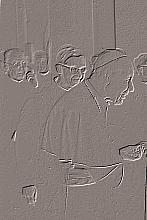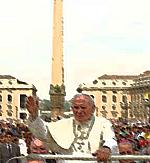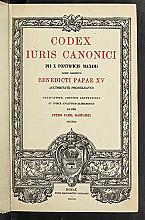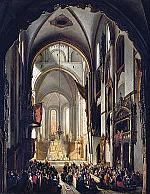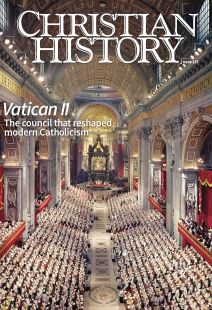“This sacred council”
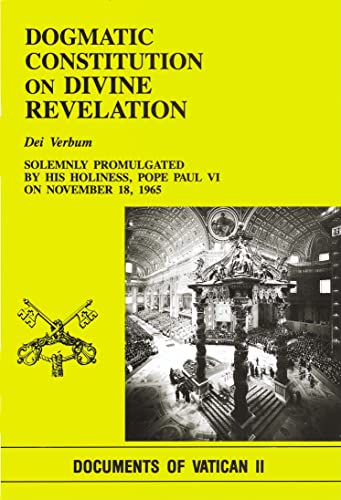
The Church has always venerated the divine Scriptures just as she venerates the body of the Lord, since, especially in the sacred liturgy, she unceasingly receives and offers to the faithful the bread of life from the table both of God’s word and of Christ’s body. She has always maintained them, and continues to do so, together with sacred tradition, as the supreme rule of faith, since, as inspired by God and committed once and for all to writing, they impart the word of God Himself without change, and make the voice of the Holy Spirit resound in the words of the prophets and Apostles.—Dei Verbum (Dogmatic Constitution on Divine Revelation)
The Church recognizes that in many ways she is linked with those who, being baptized, are honored with the name of Christian, though they do not profess the faith in its entirety or do not preserve unity of communion with the successor of Peter. For there are many who honor Sacred Scripture, taking it as a norm of belief and a pattern of life, and who show a sincere zeal. They lovingly believe in God the Father Almighty and in Christ, the Son of God and Savior. They are consecrated by baptism, in which they are united with Christ. . . . They also share with us in prayer and other spiritual benefits. Likewise we can say that in some real way they are joined with us in the Holy Spirit, for to them too He gives His gifts and graces whereby He is operative among them with His sanctifying power. Some indeed He has strengthened to the extent of the shedding of their blood.—Lumen Gentium (Dogmatic Constitution on the Church)
In order that the Christian people may more certainly derive an abundance of graces from the sacred liturgy, holy Mother Church desires to undertake with great care a general restoration of the liturgy itself. For the liturgy is made up of immutable elements divinely instituted, and of elements subject to change. These not only may but ought to be changed . . . if they have suffered from the intrusion of anything out of harmony with the inner nature of the liturgy or have become unsuited to it.
In this restoration, both texts and rites should be drawn up so that they express more clearly the holy things which they signify; the Christian people, so far as possible, should be enabled to understand them with ease and to take part in them fully, actively, and as befits a community.—Sacrosanctum Concilium (Constitution on the Sacred Liturgy)
Since the spiritual patrimony common to Christians and Jews is thus so great, this sacred synod wants to foster and recommend that mutual understanding and respect which is the fruit, above all, of biblical and theological studies as well as of fraternal dialogues. . . .
In her rejection of every persecution against any man, the Church, mindful of the patrimony she shares with the Jews and moved not by political reasons but by the Gospel’s spiritual love, decries hatred, persecutions, displays of anti-Semitism, directed against Jews at any time and by anyone.—Nostra Aetate (Declaration on the Relation of the Church to Non-Christian Religions)
Christ the Lord founded one Church and one Church only. However, many Christian communions present themselves to men as the true inheritors of Jesus Christ; all indeed profess to be followers of the Lord but differ in mind and go their different ways, as if Christ Himself were divided. Such division openly contradicts the will of Christ, scandalizes the world, and damages the holy cause of preaching the Gospel to every creature.
But the Lord of Ages wisely and patiently follows out the plan of grace on our behalf, sinners that we are. In recent times more than ever before, He has been rousing divided Christians to remorse over their divisions and to a longing for unity. Everywhere large numbers have felt the impulse of this grace, and among our separated brethren also there increases from day to day the movement, fostered by the grace of the Holy Spirit, for the restoration of unity among all Christians. This movement toward unity is called “ecumenical.”
—Unitatis Redintegratio (Decree on Ecumenism)
By Vatican II
[Christian History originally published this article in Christian History Issue #157 in 2025]
Next articles
Reforming liturgy, learning, and law
Vatican II’s lasting effect on Catholic practice
Frederick Christian Bauerschmidt



